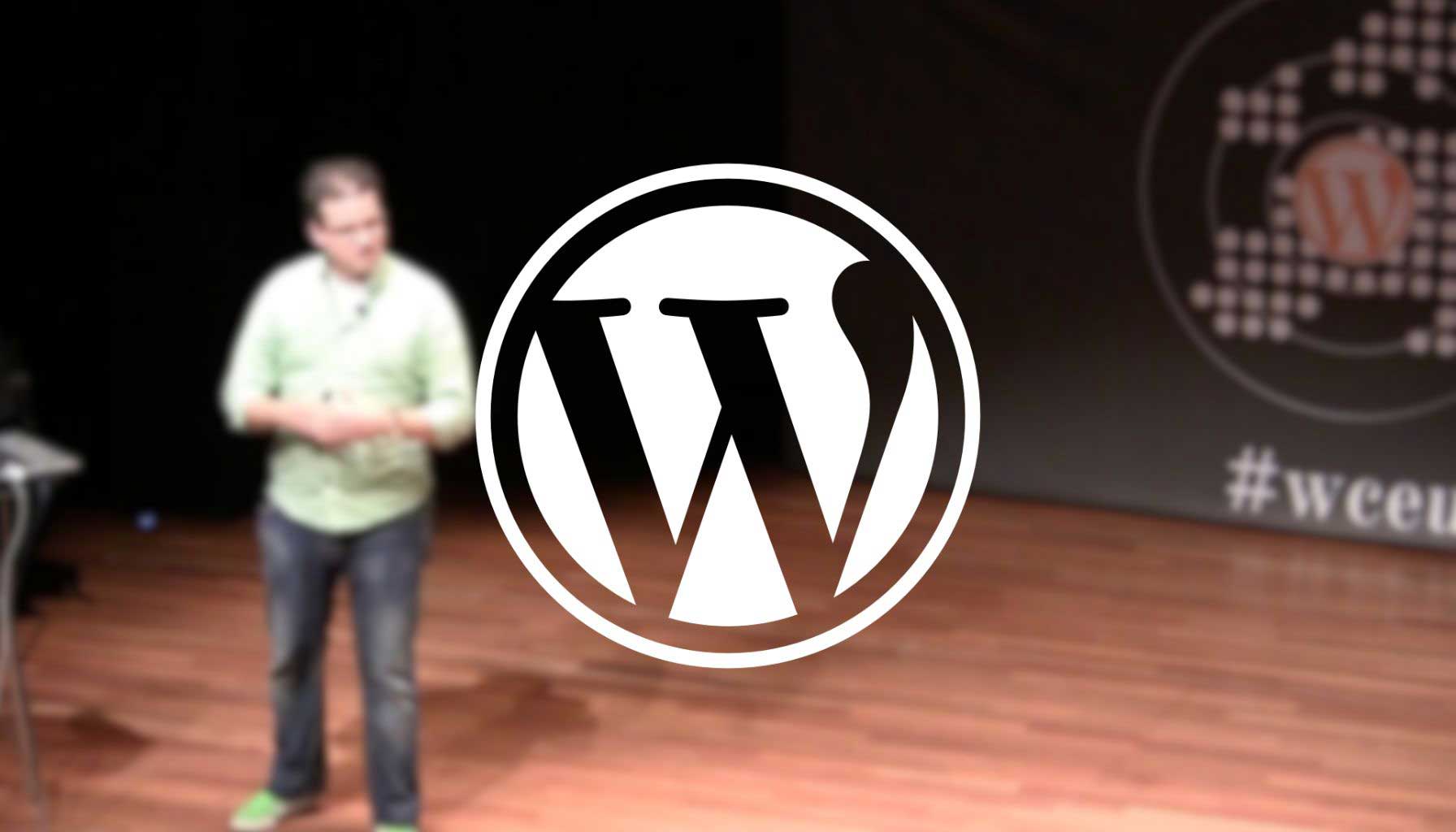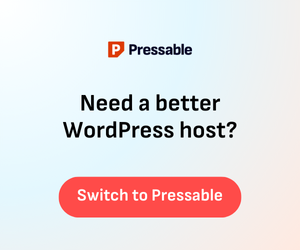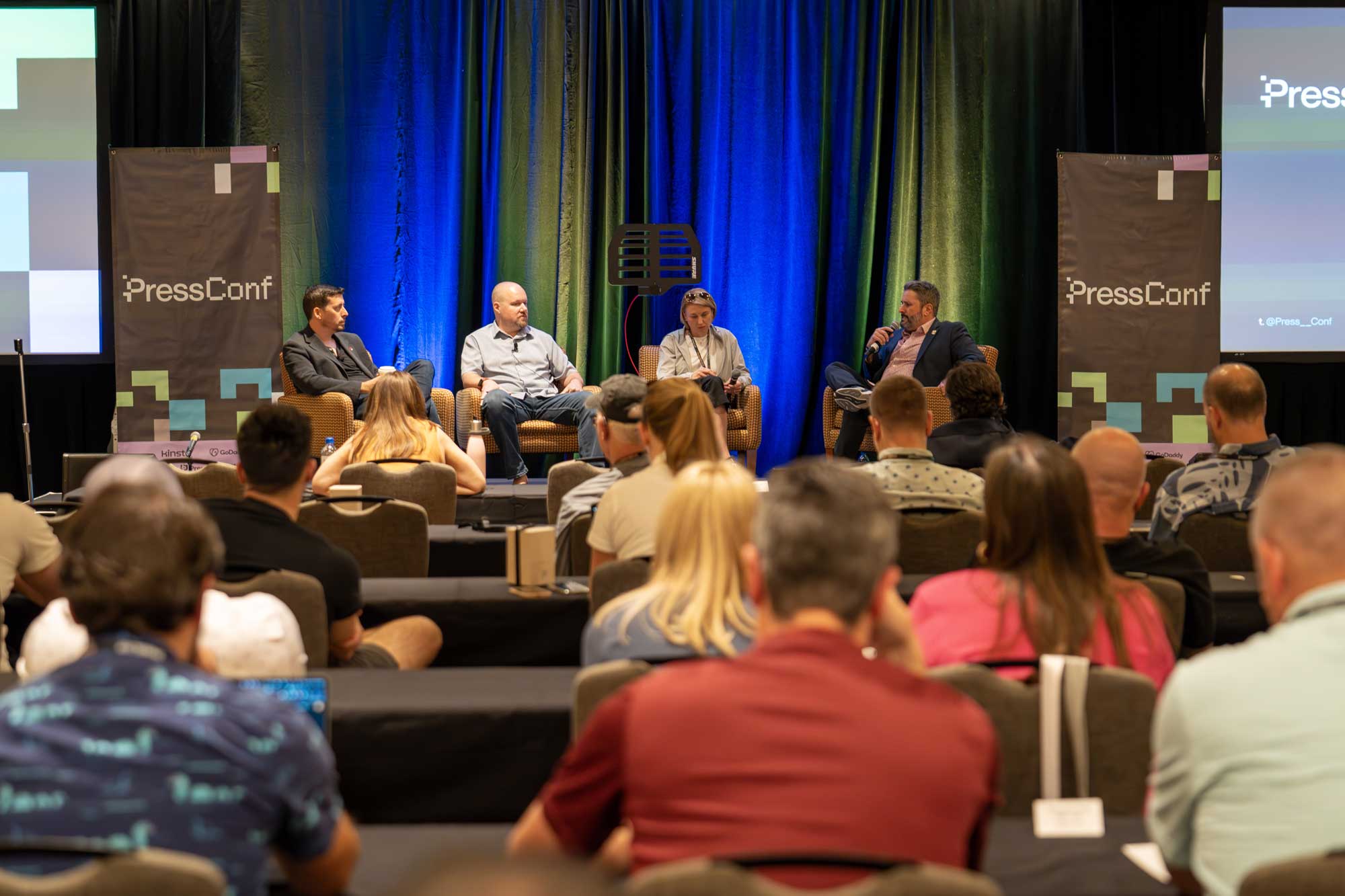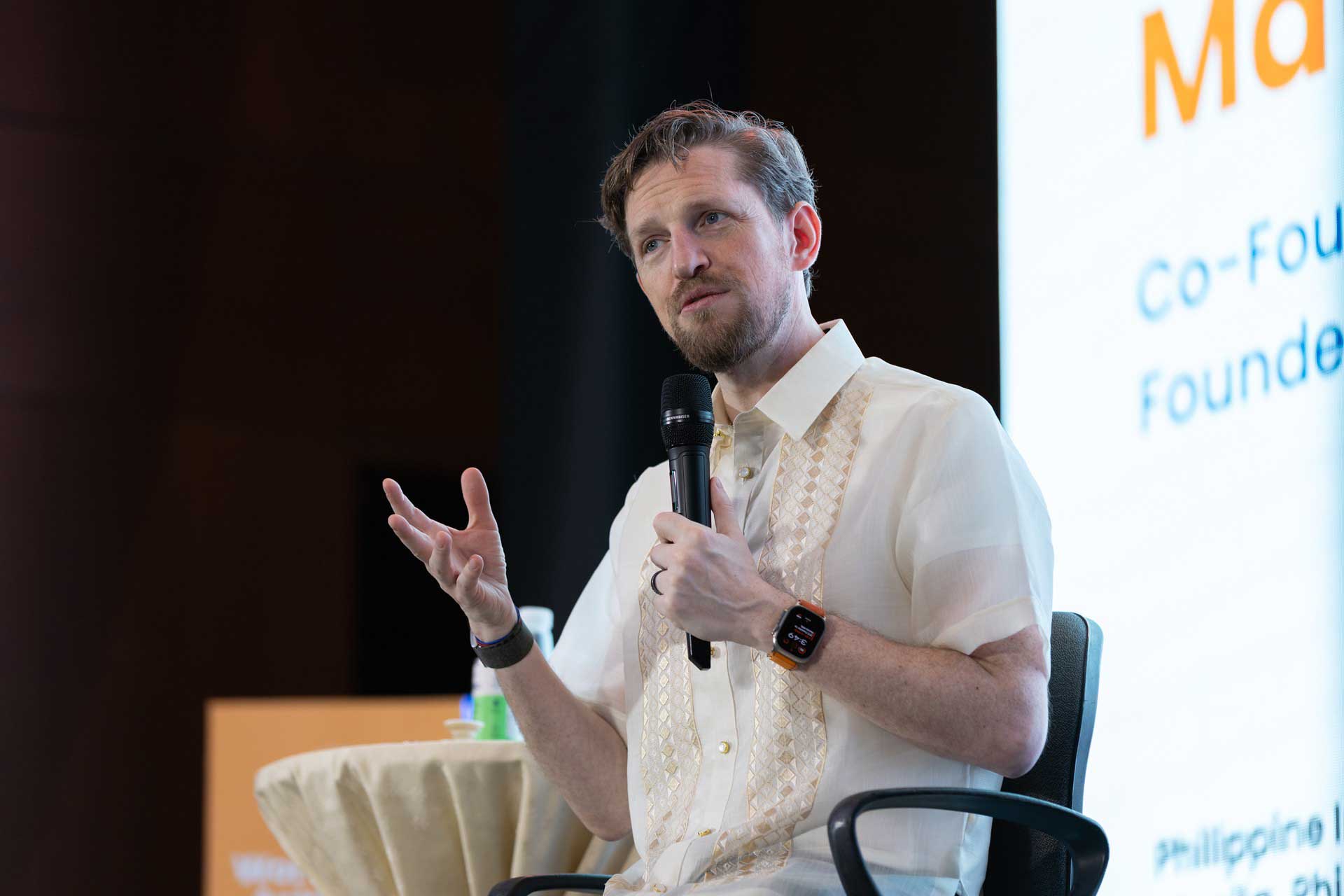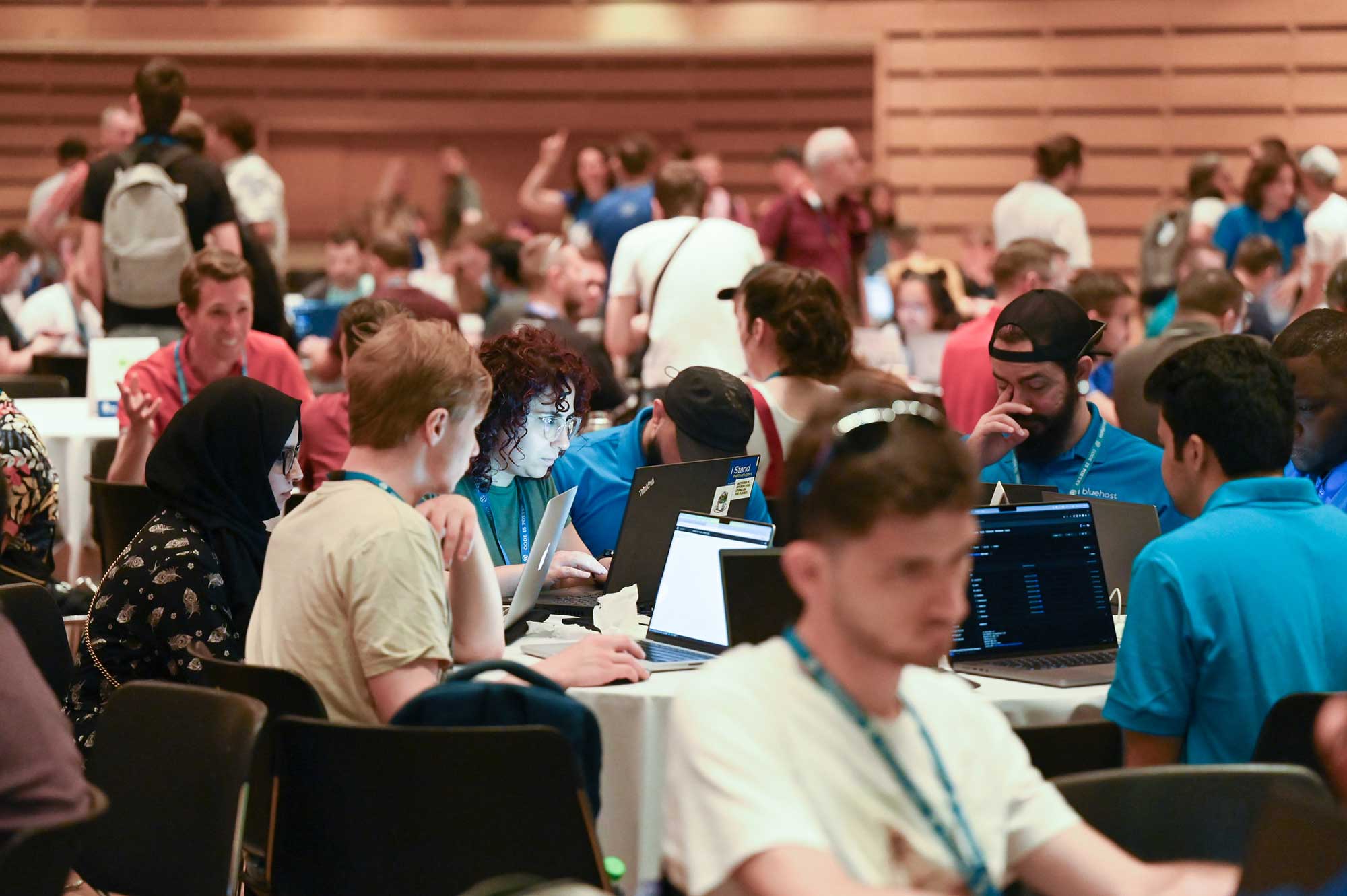Three weeks after Joost de Valk pitched his vision for change in WordPress leadership, the Yoast founder has kept his promise to step back during the holiday break, leaving the WordPress community wondering, “What’s next?” Meanwhile, WordPress co-founder Matt Mullenweg has made it clear he’s not interested in ceding control, essentially challenging de Valk to fork the project.
On December 20, following Matt Mullenweg’s shock announcement that WordPress.org was taking a holiday break—the first in its 21-year history—de Valk called for an end to his reign as WordPress’s BDFL leader, declaring that Mullenweg was “no longer benevolent.”
de Valk, who now runs investment firm Emilia Capital, shared a five-point plan to democratize decision-making, decentralize control, and ensure the sustainability of the open-source project. Key elements included creating a WordPress Foundation-like entity to take over leadership and key assets from Mullenweg, and transferring the WordPress trademarks to the public domain.
“We, the WordPress community, need to decide if we’re OK being led by a single person who controls everything and might do things we disagree with, or if we want something else,” de Valk said. “For a project whose tagline is ‘Democratizing publishing,’ we’ve been very low on exactly that: democracy.”
A major component of his plan is the creation of a “federated and independent repository” to decentralize plugin and theme hosting, allowing for alternative hosting outside of WordPress.org and preventing incidents like WordPress.org’s takeover of ACF.
His proposal was backed by Crowd Favorite CEO Karim Marucchi, who also published a plan to support business continuity in the WordPress ecosystem. Marucchi emphasized the need to act on de Valk’s repository idea, modernize WordPress, embrace open-source innovation, and address emerging data privacy, accessibility, and legal challenges to support both enterprise and consumer needs.
de Valk and Marucchi plan to meet with community and industry leaders this month to decide next steps.
Shortly after de Valk published his proposal, Mullenweg responded, making it clear that he had no intention of relinquishing control over WordPress. Commenting on de Valk’s post, he said de Valk could achieve his vision with a “fresh slate” — in other words, fork WordPress.
“I think this is a great idea for you to lead and do under a name other than WordPress. There’s really no way to accomplish everything you want without starting with a fresh slate from a trademark, branding, and people point of view,” Mullenweg said.
As Mullenweg pointed out in his Christmas Eve Reddit thread asking for ideas for WordPress drama, WordPress is one of the most valuable open source trademarks held by a 501(c)(3) non-profit.
It remains unclear how de Valk may enact his plan without Mullenweg’s support, but as he highlighted in his proposal, “Matt might not agree to my first five points above. However: we can still work on the Federated and Independent Repositories without his permission, because frankly, we don’t need it.”
Since Mullenweg launched his public campaign against WP Engine and its private equity firm, Silver Lake, last September—prompting legal action from WP Engine—there have been renewed calls for change in how WordPress is governed. de Valk’s push for change is the boldest yet as many in the WordPress community remain silent for fear of repercussions.
Last month, 20 veteran core committers and contributors criticized the lack of governance, transparency, and decision-making processes in WordPress, calling on Mullenweg to propose “community-minded” solutions in an open letter. In November, core committers and contributors also voiced concerns about a “culture of fear” driven by Mullenweg’s “outsized control” and the potentially career-ending consequences of opposing him.
Community reaction
While de Valk’s proposal has drawn wide-ranging support from contributors and business leaders across the WordPress ecosystem, many prominent voices remain hesitant to show their support publicly.
de Valk confirmed this, telling The Repository that many individuals and companies had contacted him—both publicly and privately—to support his proposal.
“We’re of course very happy to see that, and will use that momentum in the coming weeks to get working on the idea of Federated and Independent Repositories,” de Valk said. “We’d still love to work with everyone in the community on making it better for all of us.”
de Valk has found an ally in WP Engine, which posted on X shortly after his announcement, voicing support for constructive conversations, changes, and evolved leadership in WordPress.
“We are committed to working with Joost, Karim, and other respected voices in the community to ensure WordPress’s future is stronger than ever. This requires collaboration, transparency, and action—and we stand ready to offer ideas, technology, and support as we move forward together,” the company wrote.
While core committers have been mostly quiet on de Valk’s proposal, Tonya Mork, who stepped back from contributing in October, voiced her support. Fellow committer Colin Stewart also voiced his support in a comment on de Valk’s announcement.
Not everyone supports de Valk’s proposal, with many, like The Code Co’s Managing Director Ben May, siding with Mullenweg. May argues that “Matt is WordPress” and that rather than reshaping governance, the community should focus on building and innovating the project.
“FWIW, I think a lot of the ideas (like on Karim’s blog) like federated repositories / supply chain security, general tech stack modernisation and so on, are all great additions to the future of WordPress,” May said. “I just don’t think a page one rewrite on leadership is productive.”
Morten Rand-Hendriksen, who left the WordPress project in 2019 over governance and ethics disagreements, believes Mullenweg won’t relinquish control and that any plans relying on him doing so are futile. In a post on LinkedIn, Rand-Hendriksen outlines two possible futures: one where Mullenweg cedes control and institutes proper governance and another where the community builds a new platform.
Rand-Hendriksen co-founded the WordPress Governance Project, a community initiative launched at WordCamp Europe 2018 that wasn’t officially supported by WordPress leadership and was eventually abandoned.


